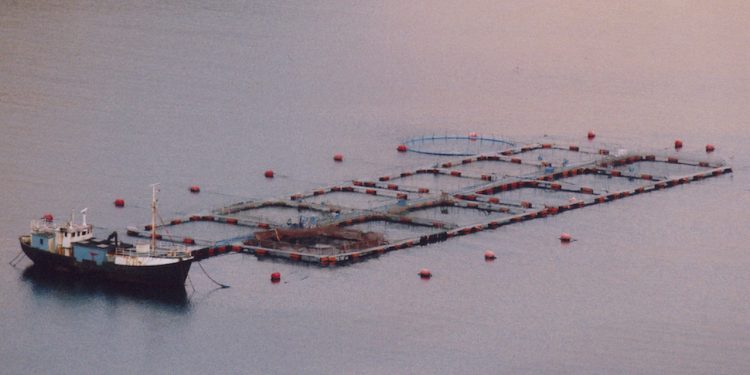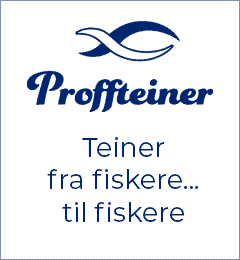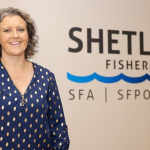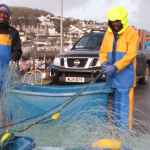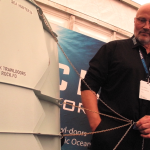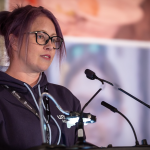Canadian Minister of Fisheries, Oceans and the Canadian Coast Guard Joyce Murray has launched a discussion framework which outlines a proposed vision for transition from open-net pen aquaculture in British Columbia coastal waters.
Joyce Murray has stated that transition will require a strong plan that outlines how to proceed, in a way that greatly minimises or eliminates risk to wild salmon, while also taking into account social, cultural and economic factors.
The Minister also launched the next round of stakeholder engagement on the future of the aquaculture sector in British Columbia. This will build on previous engagement undertaken by the Department in 2020 and 2021 and takes into account the evolution of aquaculture management in response to emerging science and research.
The proposed Framework and engagement approach will help guide the engagement with the Province, First Nations, industry, conservation organisations, and British Columbians, and take into account diverse views on aquaculture.
Over the coming months, Fisheries and Oceans Canada will gather input through roundtables with Indigenous leaders, local governments, key stakeholders, and conservation organisations, bilateral meetings with First Nations and provincial governments, consultations with First Nations, the aquaculture industry and key stakeholder leaders, and online public engagement.
‘Wild Pacific salmon are at risk of disappearing forever if we don’t act; that’s why the Government of Canada is taking a wide range of actions to halt and reverse their declining population,’ Joyce Murray said.
‘We will continue to chart the course forward for aquaculture in British Columbia, one that will support the ecologically sustainable growth of the industry, create jobs, and help keep our waters and marine ecosystems protected. As the world’s appetite for high-quality fish and seafood continues to grow, we need to find better and innovative ways to farm fish and protect wild Pacific salmon stocks. A well-developed transition plan is the first step to growing a viable and sustainable industry in British Columbia.’

